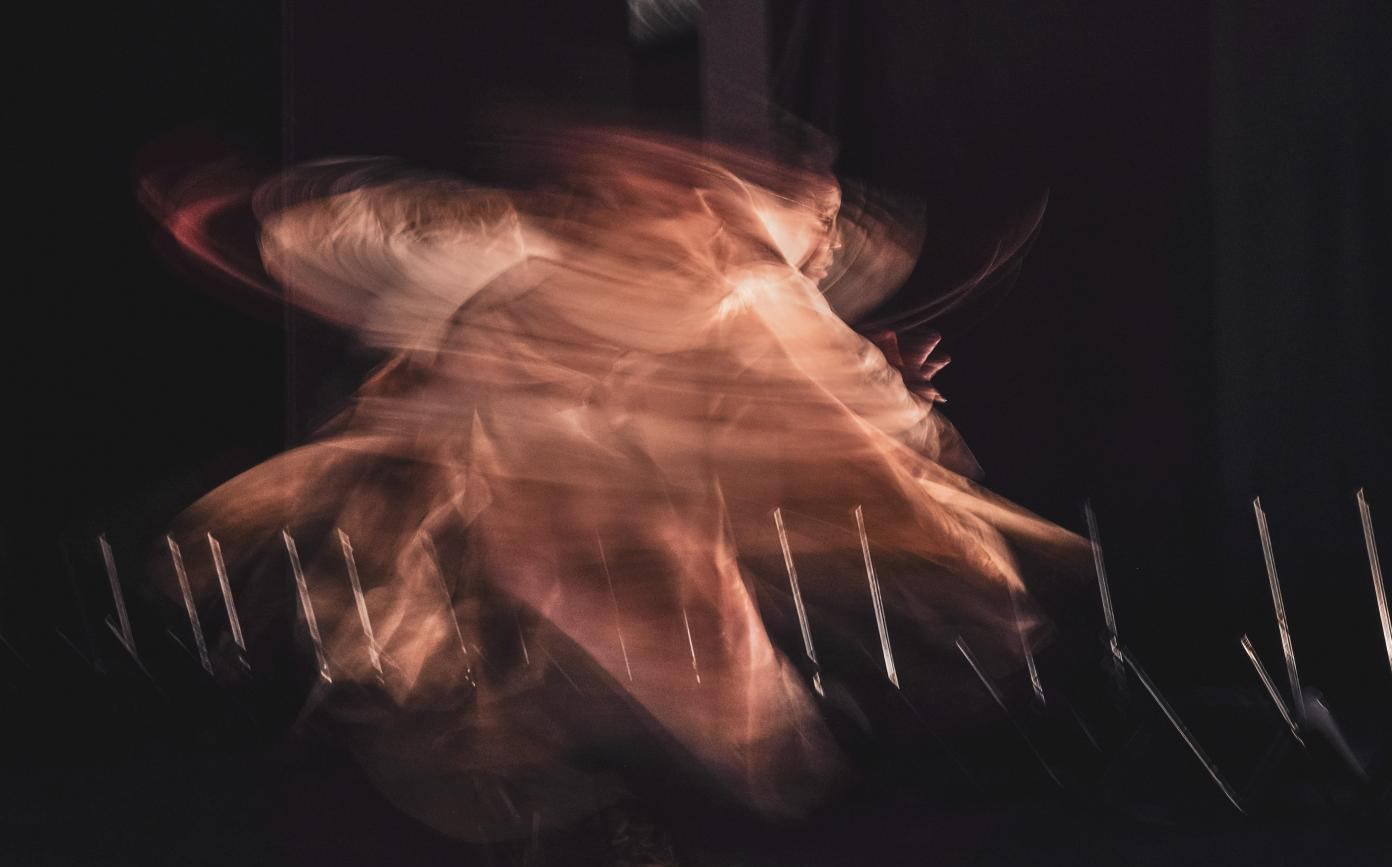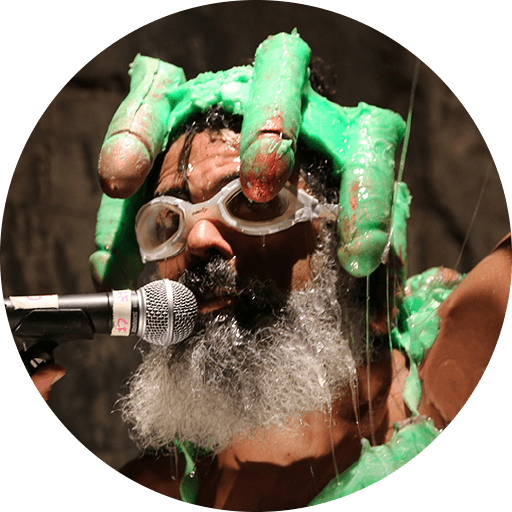‘A disguised welcome …’ Review: Finding Home
Brian Seibert, The New York Times
Brian Seibert, The New York Times

At 16, Wanjiru Kamuyu, who was born in Kenya to a Kenyan father and an African American mother, moved with her mother to the United States.
At one point in “A disguised welcome…,” the solo dance-theater performance Kamuyu presented this weekend at the Chocolate Factory Theater in Queens, she recounts her U.S. arrival as a teenager, stressing the pain of the uprooting. She takes on the mocking voice of a Black classmate who expresses gratitude to the trans-Atlantic slave trade for sparing Black Americans the fate of being an “African Booty Scratcher” like Kamuyu.
An expressive mover and a talented mimic, Kamuyu can embody her attacker entertainingly. But it’s unfortunately characteristic of “A disguised welcome …” that rather than digging deeper into the complex relationships between Africans and African Americans, it flashes crude ignorance as provocation, then escapes to another topic.
The work is a version of another solo performance by Kamuyu called “An Immigrant’s Story.” But “A disguised welcome …” is only partly her story as an immigrant, and in glancing on many topics, it grows diffuse.
The performance is strongest when Kamuyu is dancing. It begins in darkness and song, Kamuyu’s clarion voice heralding her arrival. As the lights rise, she arcs a fist to her open mouth. She bounces and quivers, stumbles and spins. Backing away from a side light, she curls her fingers like a cat kneading something with its claws, a gesture that’s both a sensuous drawing-toward and a don’t-get-too-close defense.
It’s a dance of displacement, rich in ambiguity. But at times, Kamuyu’s desire to get a message across pushes her into staginess and caricature. When she asks audience members if they know what it feels like to be othered, the question is merely rhetorical. Instead of reaching out to the people in front of her, she talks back to absent villains of privilege.
Responding to the colonialist sound of a documentary about the Kikuyu chief Wangu wa Makeri, Kamuyu asks vital questions about who gets to recount history and who gets to express opinions — vital questions that are commonplace and elementary. Kamuyu’s tone is bitingly satirical, but the ideas are like chewing gum that has lost its flavor.
In the final section, Kamuyu, who now lives in France, suggests more about the variety of immigrant experiences by jumping among characters and thumbnail testimonies, including that of a white person who feels out of place in Africa and a child of immigrants who believes “home is anywhere.” Here the text isn’t didactic, and Kamuyu, dancing, is less defended. She ends with the facts of where she was born and where she now resides, and her dancing body suggests where she is most at home.
Brian Seibert for The New York Times, September 24, 2023.





























